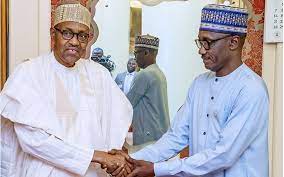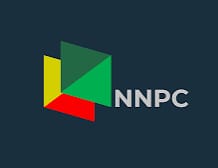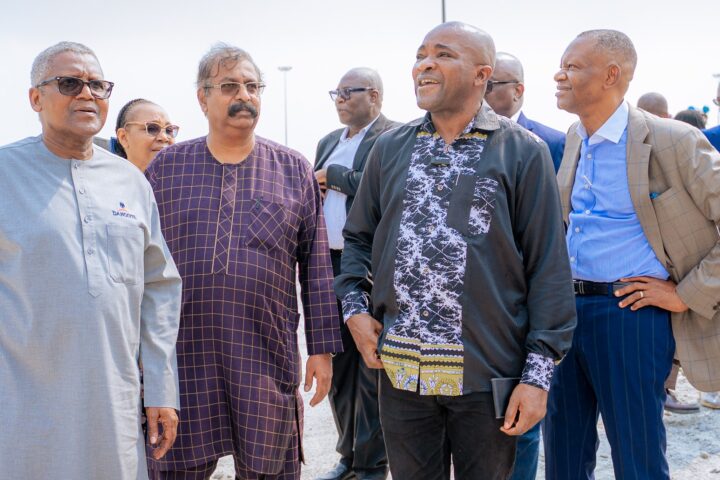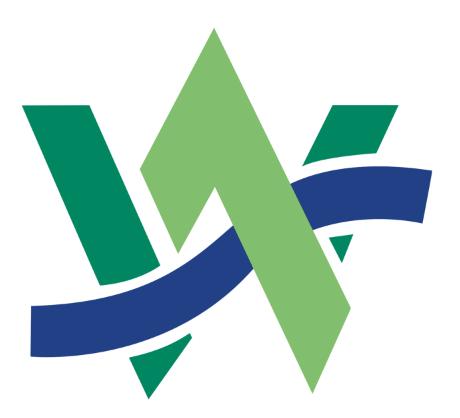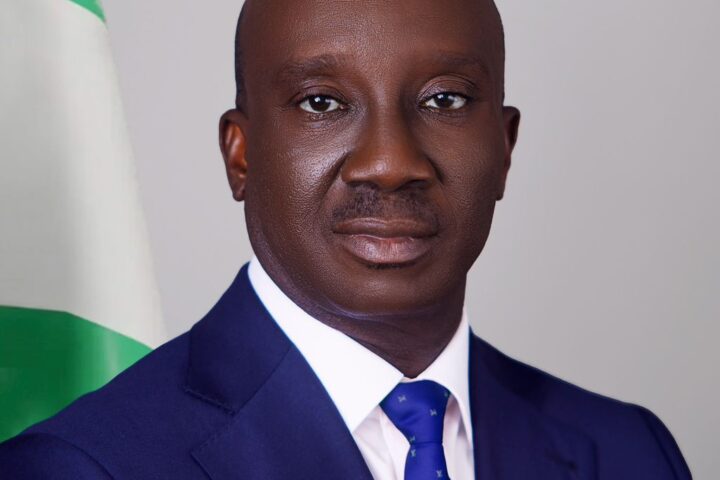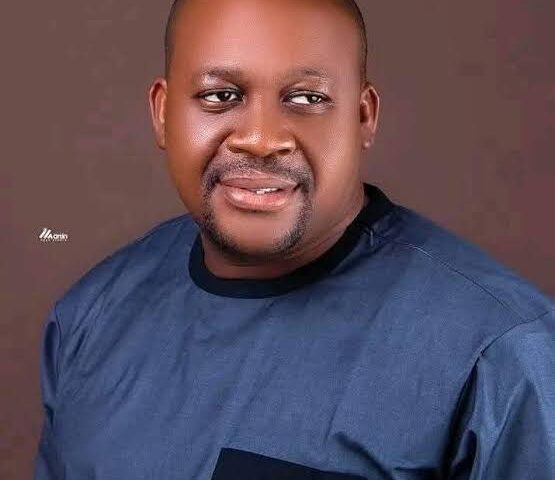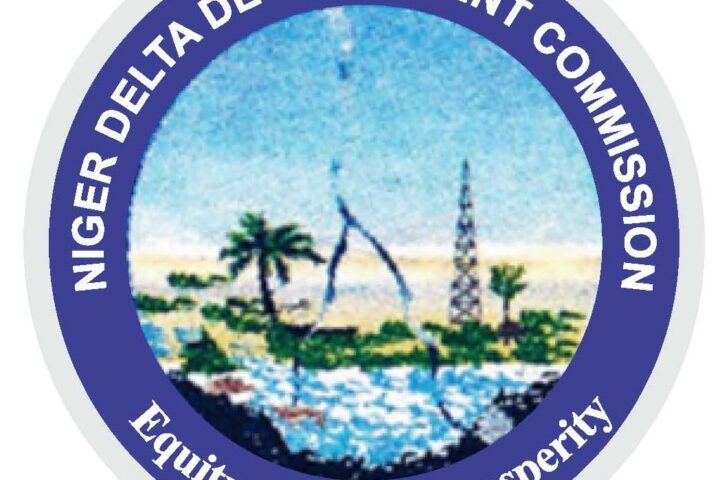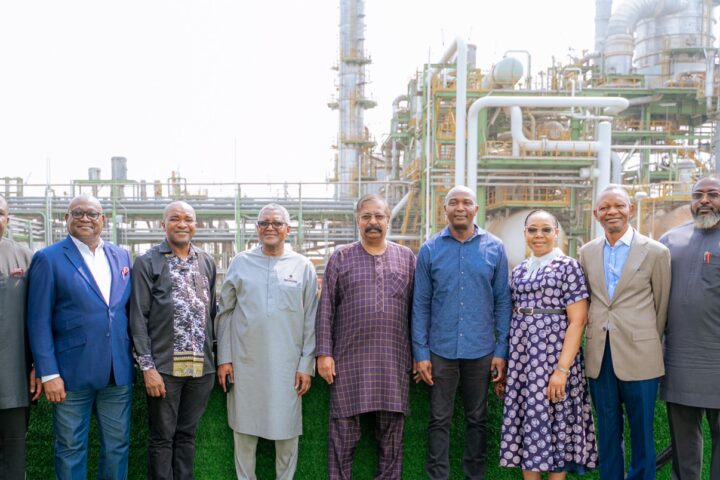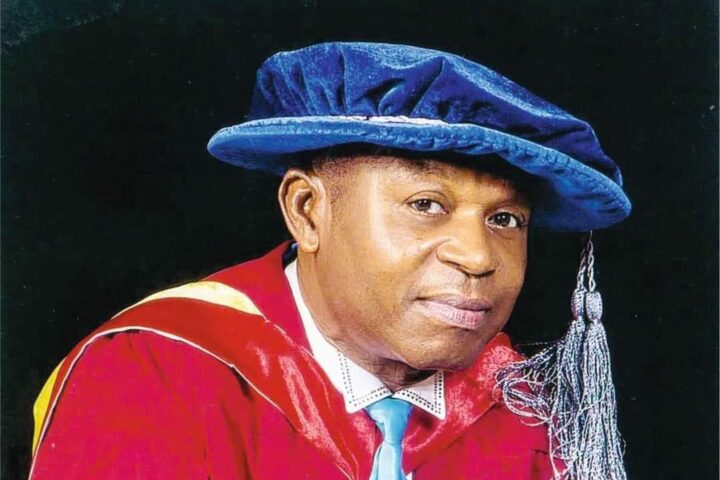
President Muhammadu Buhari, has announced that the Nigerian National Petroleum Corporation (NNPC) posted N287 billion profit after tax (PAT) for the year ended December 31, 2020.
He noted that NNPC losses were reduced from N803 billion in year 2018 to N1.7 billion in year 2019 and the eventual declaration of net profit in 2020.
He added:“| am pleased to announce the declaration of Profit after Tax of Two Hundred and Eighty Seven Billion Naira (N287 Billion) in Year 2020 by the Nigerian National Petroleum Corporation. This is sequel to the completion of the statutory Annual Audit exercise for Year 2020,”
Speaking at the NNPC Towers in Abuja, Chief Timipre Sylva, the Minister of State Petroleum Resources, commended the efforts of the current management of NNPC, stressing that this is the first time in 44 years that the Corporation has made profit.
Sylva, noted that 2021 has been the year of achievements having seen the passage of the PIB into law.
Besides, Mallam Mele Kyari, the Group Managing Director of the Nigerian National Petroleum Corporation (NNPC), fielding questions from journalists, said alot was done differently to achieve the feat from turning the fortunes of the Corporation from negative to positive.
He added that since 2016 the management resolved to cut costs by not buying what is not needed.
Meanwhile,President Buhari, has welcomed second quarter report by the Nigerian Bureau of Statistics, showing a third consecutive quarter of positive growth of Nigeria’s economy, as well as the highest quarterly growth in Gross Domestic Product since 2014.
The Gross Domestic Product (GDP) grew by 5.01% in Q2 2021 following 0.51% growth in Q1 2021. This growth, which continues the progress of the preceding two quarters, is a continuing trend reflecting Nigeria’s economic rebound following the COVID-19-induced contractions seen in Q1 and Q2 2020.
The non-oil sector is a significant contributor to the economic performance in Q2 2021 with growth of 6.74% in real terms, the fastest growth in the sector since the third quarter of 2014. The contribution of the non-oil sector to GDP increased from 91.07% in Q2 2020 to 92.58% in Q2 2021.
The President, in a statement by Femi Adesina, Special Adviser to the President on Media and Publicity, commended managers of the economy for hard work and commitment, urging them to keep at it till the positive development “touches the lives and pockets of the average Nigerian.”
The main drivers of the Q2 2021 economic growth include Trade, Information and Communication (mainly Telecommunications), Transportation, Electricity, Agriculture (Crop Production) and Manufacturing.
The service sector, specifically, recorded its strongest performance in more than a decade, growing at 9.27%.
These main growth drivers of this second quarter performance are reflective of the gains from easing restriction of movement locally and internationally, and the improvement in the business and economic environment compared to the same period in 2020.
The President said the decline in real growth in the oil sector in Q2 2021, compared to a year ago. Oil production levels were at 1.62million barrels per day, compared to 1.67million barrels per day in Q2 2020. The lower production output as well as the volatility in oil prices since the beginning of the COVID-19 pandemic, is responsible for the decline in performance of the oil sector.
He assured that the recent reforms and efforts like the conclusion of the Marginal Fields Bid Round, the renewed focus on gas development (including the NLNG Train 7 project, and various pipeline construction projects) as well as the passage and assent to the Petroleum Industry Bill (PIB), are certain to attract new investment to the oil and gas sector, and create conditions for more robust levels of growth in the future.
He said:”It is gratifying to note that the various policies of the administration, aimed at boosting agricultural production, improving the business environment, and investing massively in infrastructure, are beginning to yield fruit. Equally gratifying is the complementary news of the steady decline in the rate of inflation, over the last few months.The positive effects of the Economic Sustainability Plan (ESP), which helped fast-track the country’s exit from the COVID-induced recession of 2020, continue to be evident, as some of the sectors driving the Q2 2021 growth have benefited or are benefiting from government-led interventions”
He said the successful roll-out of vaccines and COVID-19 protocols has also helped to reduce pressures on the healthcare system and the need for a lockdown.
He assured Nigerians that there is much to be optimistic about. He assures that the investments in agriculture and infrastructure will continue, as will on-going efforts to achieve a significant improvement in the security situation across the country.
“There is no doubt that a more secure environment – which the security agencies are working hard to achieve – will spur and energize the shoots of economic progress being seen and felt in the country,” the President said.


